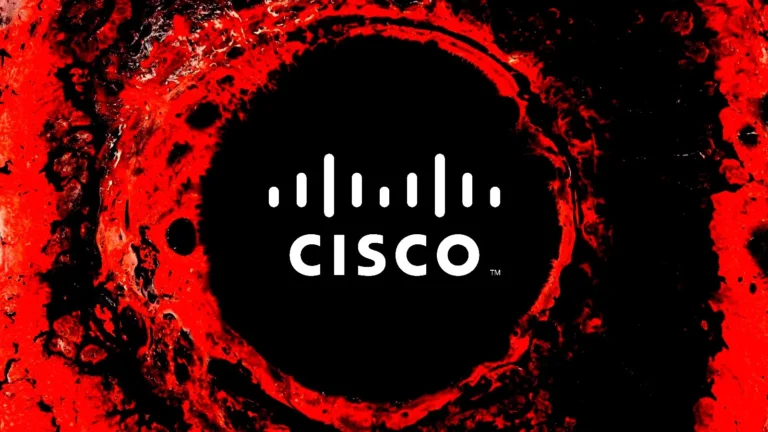South Korea’s KT Corporation, a leading internet service provider (ISP), recently found itself in hot water for a shocking revelation: it had intentionally infected over half a million of its own subscribers’ computers with malware. The goal? To disrupt BitTorrent traffic, a file-sharing protocol known for its heavy bandwidth usage.
A Web of Deception
This insidious campaign, brought to light by investigative reporting from JBTC, highlights the lengths to which some ISPs are willing to go to control their networks and, allegedly, cut costs. KT, in an attempt to curb the popularity of “Webhard” services (Korean paid BitTorrent-assisted platforms), reportedly developed and distributed malware to interfere with users’ file transfers.
The malware’s effects were far from subtle. Users experienced everything from slow downloads to complete service outages, with some even reporting their computers becoming disabled. The incident sparked a police investigation, which uncovered a dedicated KT team tasked with malware development, distribution, and even wiretapping user data.
The Cost of Convenience?
While KT claims their actions were solely for network management purposes, the police investigation suggests a more sinister motive: cost savings. BitTorrent traffic, especially from Webhard services, consumes a significant amount of bandwidth, which can be expensive for ISPs in South Korea. By disrupting this traffic, KT may have been attempting to reduce its operational costs, albeit through unethical and illegal means.
This incident raises serious questions about the power and responsibility of ISPs. Should they be allowed to actively sabotage their customers’ internet usage in the pursuit of profit? What are the ethical boundaries of network management, and when does it cross the line into malicious interference?
The Aftermath
KT’s actions have sparked outrage among users and privacy advocates alike. The company’s CEO has resigned, and numerous individuals, including KT employees and subcontractors, have been charged with violating South Korean laws. The investigation is ongoing, and the full extent of the damage caused by KT’s malware remains unclear.
This incident serves as a stark reminder of the importance of digital privacy and the need for greater transparency and accountability from ISPs. As internet users, we must remain vigilant and demand that our service providers respect our rights and act ethically.
Staying Safe in the Digital Age
While the KT incident is a disturbing example of ISP overreach, there are steps you can take to protect yourself:
- Use a VPN: A virtual private network (VPN) can encrypt your internet traffic, making it more difficult for your ISP to monitor or interfere with your activities.
- Keep your software updated: Regularly updating your operating system and applications can help patch security vulnerabilities that could be exploited by malware.
- Be cautious of what you download: Stick to reputable sources for downloading files, and always scan them for viruses before opening.
- Support net neutrality: Advocate for net neutrality regulations that prevent ISPs from discriminating against certain types of traffic, ensuring a fair and open internet for all.
The KT malware incident is a wake-up call for internet users worldwide. It highlights the need for greater scrutiny of ISP practices and a renewed commitment to protecting our digital rights. By staying informed and taking proactive measures to safeguard our privacy, we can ensure that the internet remains a platform for freedom, not control.





